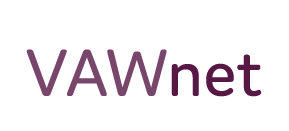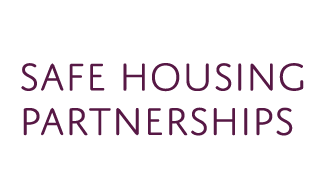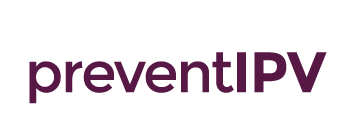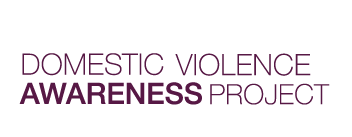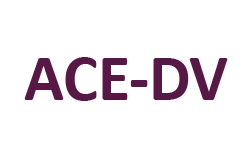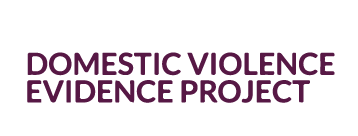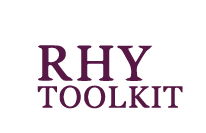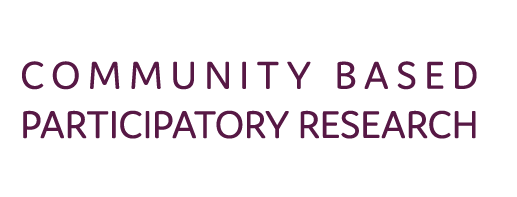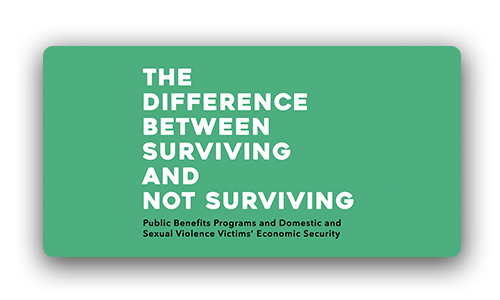 NRCDV knows that policy and systems advocacy is essential in addressing and preventing domestic violence and intersecting issues.
NRCDV knows that policy and systems advocacy is essential in addressing and preventing domestic violence and intersecting issues.
NRCDV focuses on economic and family policy, and engages in robust analysis, administrative advocacy, technical assistance and training, education, and targeted resource development to improve systemic responses to domestic violence at the federal, state, and local levels. Through partnerships and meaningful collaborations, we strive to integrate an intersectional analysis that names contextual considerations and complex structural and systemic barriers that disproportionately impact communities of color, Tribal communities, and other marginalized and underserved communities.
NRCDV’s policy stance:
- WE COMMIT to being expansive in our policy thinking, efforts, and focus on anti-violence work within the larger context of social justice and progressive world-building.
- WE COMMIT to co-creating policy solutions with survivors and communities most impacted by gender-based violence and sexual violence, and to address the root causes.
- WE COMMIT to advance policy solutions that will make meaningful change for Black and brown communities, trans and non-binary survivors, survivors with disabilities, immigrant survivors, and those most traumatized and harmed by carceral systems and responses.
NRCDV’s policy priorities:
- Building and supporting the capacity of survivors to engage in policy and systems-level advocacy.
- Promoting survivor centered, equitable, and just policies, such as those that center safety, well-being, autonomy, humanity, and inclusivity across race, class, culture, ability, immigration status and identity;
- Ensuring increased economic security for survivors, their families, and communities through avenues such as public benefit programs, tax credits for low-income families, affordable healthcare, paid leave, equal pay, workplace protections, education and job training, and enhancement of asset and wealth building opportunities;
- Promoting family and community centered policies that are responsive to the needs and closely aligned with the desired approaches named by domestic violence survivors, particularly survivors across Black, Indigenous, People of Color, immigrant, and refugee communities, survivors with disabilities, deaf survivors, and low-income survivors, including policies focused on prevention, healing and restoration for survivors and those who have caused harm;
- Increasing access to a broad range of affordable housing options for survivors, including but not limited to non-congregate shelter, transitional housing, rapid rehousing, and home ownership, as well as the services and supports needed for safe and stable housing;
- Building the capacity of advocates at the state and local levels through training, technical assistance and resource sharing to engage in policy and systems-level advocacy.
See NRCDV's full NRCDV Policy Commitments & Positions
See NRCDV’s full Public Policy Agenda
Advocacy Resources
Legislative and policy advocacy has long played an important role in the movement to end gender-based violence, often as a critical component of the grassroots activism of survivors, advocates, and other people committed to mobilizing to end gender-based violence. In order to have widespread impact and improve the laws, policies and systems that affect victims of gender-based violence, engaging in advocacy with legislators and policymakers at the local, state, and national level is essential.
NRCDV, along with other national organizations and partners, provides ongoing support, education, and technical assistance around the three cornerstone federal policies related to domestic and sexual violence: the Family Violence and Prevention Services Act (FVPSA), the Violence Against Women Act (VAWA), and the Victims of Crime Act (VOCA).
Family Violence and Prevention Services Act (FVPSA)
For over 30 years, FVPSA has supported community-driven solutions to domestic violence, domestic and dating violence prevention education, and a network of programs and services to respond to domestic violence across the country, territories and tribal communities. FVPSA provides core funding for more than 1,600 domestic violence shelters and 1,100 non-residential service sites, providing both a safe haven and an array of supportive services to intervene in and prevent abuse. FVPSA also supports the 56 state and territorial domestic violence coalitions, as well as the Domestic Violence Resource Network, a group of national resource centers that work collaboratively to inform and strengthen domestic violence intervention and prevention efforts at the individual, community, and societal levels.
Read NRCDV's Statement on FVPSA: NRCDV Celebrates House Passage of the Family Violence Prevention and Services Improvement Act of 2021
Violence Against Women Act (VAWA)
VAWA creates and supports comprehensive responses to domestic violence, dating violence, sexual assault and stalking, including providing federal resources to support coordinated community approaches. Other key components of VAWA include funding for culturally- and linguistically specific services, protections for immigrant victims, landmark housing protections for survivors, legal assistance programs, support for victims on college campuses, and prevention initiatives. The most recent reauthorization of VAWA in 2013 included historic provisions recognizing tribes’ inherent sovereignty and granting them jurisdiction to prosecute domestic violence on Tribal land, as well as non-discrimination provisions that protects access to services for LGBTQ victims.
Read NRCDV's Statement on VAWA: NRCDV Prioritizes Survivor Safety & Choice as VAWA 2021 Passes House
Victims of Crime Act (VOCA)
VOCA funding supports services to 4 million victims of all types of crime each year, through 4,400 direct service agencies such as domestic violence shelters, rape crisis centers, and child abuse programs. VOCA state assistance grants provide funding for crisis intervention, counseling, housing services and support, transportation, services for elder victims and victims with disabilities, volunteer coordinators, translation services, needs assessments, and other support services that help victims deal with the trauma and aftermath of a crime.
